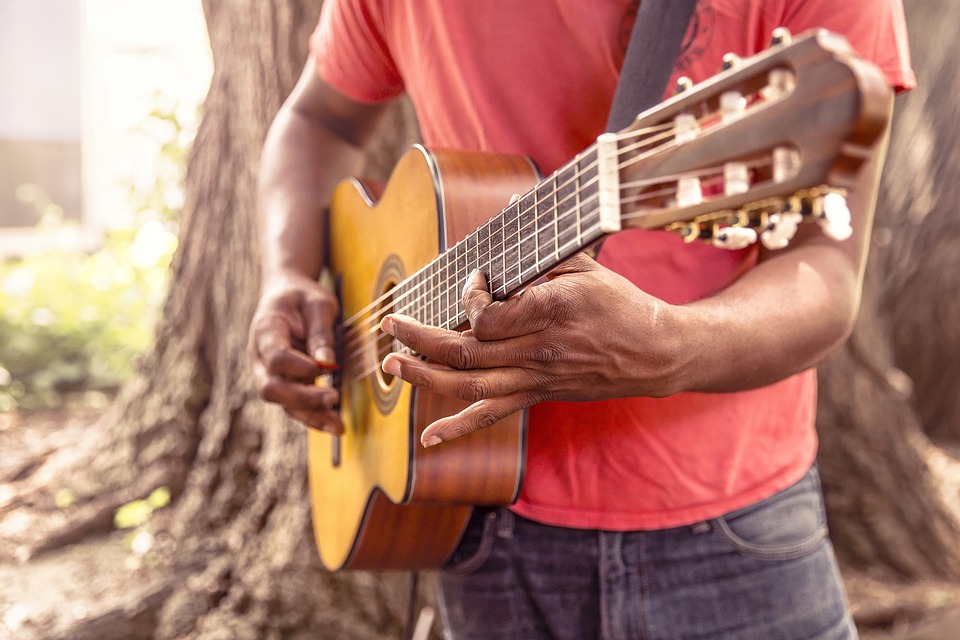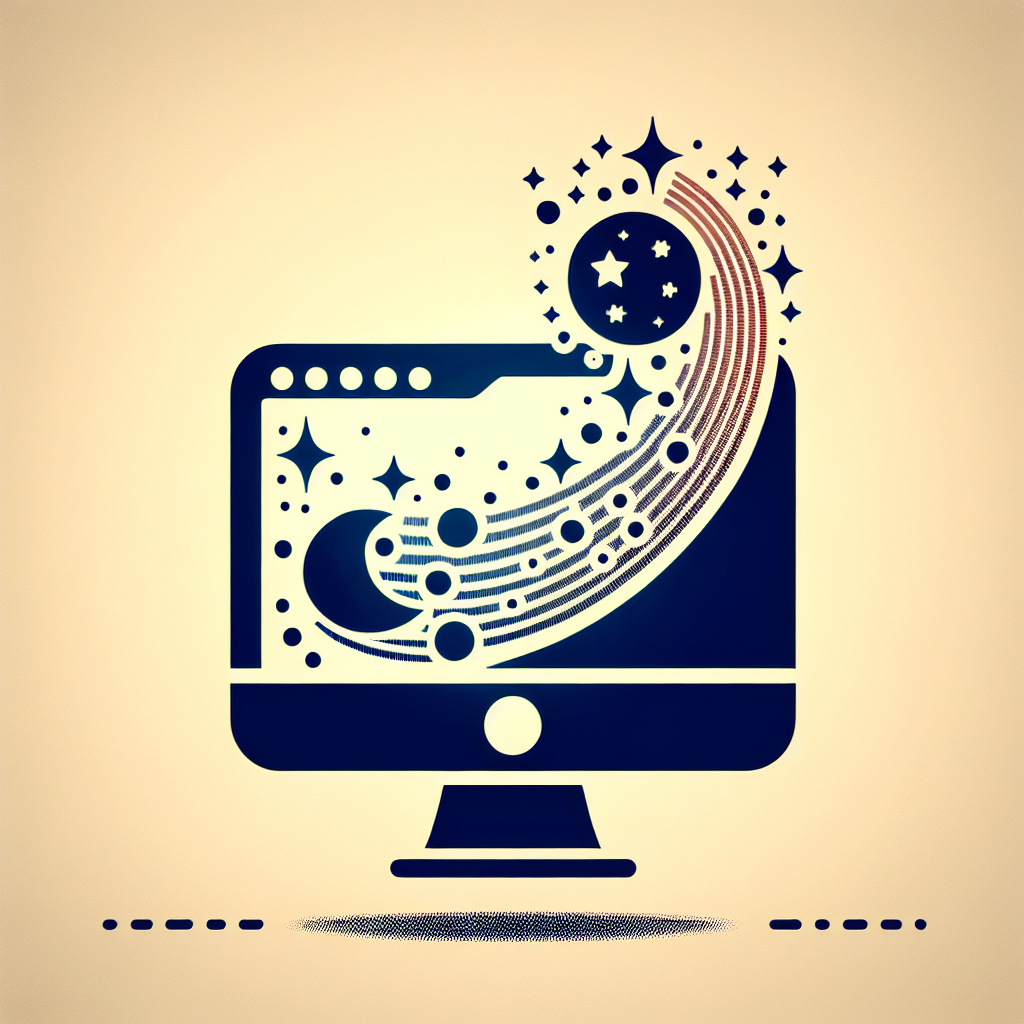DistroKid: What You Need to Know About Licensing Your Music
DistroKid is a popular music distribution service that allows independent musicians to release their music on various streaming platforms such as Spotify, Apple Music, and Amazon Music. One important aspect of releasing music is licensing, which ensures that you have the legal right to distribute your music and receive royalties from streaming services. In this article, we will discuss everything you need to know about licensing your music through DistroKid.
The Basics of Music Licensing
Music licensing is the process of obtaining permission to use copyrighted music in various forms of media, such as streaming platforms, TV shows, movies, and commercials. When you create a song, you automatically own the copyright to that music. However, in order to distribute your music on streaming platforms, you need to grant a license to those platforms to use your music.
There are two main types of music licenses: mechanical licenses and performance licenses. Mechanical licenses grant permission to reproduce and distribute a song, while performance licenses allow for the public performance of a song, such as through streaming or live performances. When you release music through DistroKid, they help you obtain the necessary licenses to distribute your music legally.
How DistroKid Handles Licensing
When you upload your music to DistroKid, they take care of the licensing process for you. DistroKid has partnerships with various music publishing companies and performance rights organizations to ensure that your music is properly licensed for distribution on streaming platforms. This means that you can focus on creating music and promoting your work, while DistroKid handles the legal aspects of licensing.
DistroKid also offers a feature called “Cover Song Licensing,” which allows you to legally release cover songs on streaming platforms. Cover songs are songs that you did not write yourself, but instead, you are performing a version of a song that was written by someone else. DistroKid helps you obtain the necessary licenses to release cover songs legally, so you can share your unique interpretations with your fans.
Royalties and Distribution
One of the key benefits of using DistroKid is that they help you collect royalties from streaming platforms where your music is played. When your music is streamed on platforms like Spotify or Apple Music, you earn royalties based on the number of plays your songs receive. DistroKid tracks these plays and collects royalties on your behalf, ensuring that you get paid for your music.
In addition to handling royalties, DistroKid also distributes your music to a wide range of streaming platforms and digital stores. This means that your music can reach a global audience and potentially attract new fans from around the world. By partnering with DistroKid, you can focus on creating music while they take care of the distribution and royalty collection process.
Conclusion
In conclusion, licensing your music is an essential step in the music distribution process, and DistroKid makes it easy for independent musicians to navigate the legal aspects of music licensing. By using DistroKid, you can focus on creating music and building your fan base, while they handle licensing, royalties, and distribution on your behalf. Whether you are releasing original music or cover songs, DistroKid provides the necessary support to help you share your music with the world.
FAQs
1. Why is music licensing important for independent musicians?
Music licensing is important for independent musicians because it ensures that they have the legal right to distribute their music on streaming platforms and receive royalties for their work. Without proper licensing, musicians risk having their music removed from platforms or facing legal consequences for copyright infringement.
2. How does DistroKid help with music licensing?
DistroKid partners with music publishing companies and performance rights organizations to handle the licensing process for independent musicians. They help obtain mechanical and performance licenses for your music, as well as cover song licenses, so you can release your music legally and collect royalties from streaming platforms.
3. What are mechanical and performance licenses?
Mechanical licenses grant permission to reproduce and distribute a song, while performance licenses allow for the public performance of a song, such as through streaming or live performances. Both types of licenses are necessary for musicians to legally distribute their music on streaming platforms and other media.
4. How do musicians earn royalties from streaming platforms?
When musicians release their music on streaming platforms like Spotify or Apple Music, they earn royalties based on the number of plays their songs receive. DistroKid helps track these plays and collects royalties on behalf of musicians, ensuring that they get paid for their work.
5. Can musicians release cover songs through DistroKid?
Yes, DistroKid offers a “Cover Song Licensing” feature that allows musicians to legally release cover songs on streaming platforms. DistroKid helps obtain the necessary licenses for cover songs, so musicians can share their unique interpretations with their fans without worrying about copyright issues.

